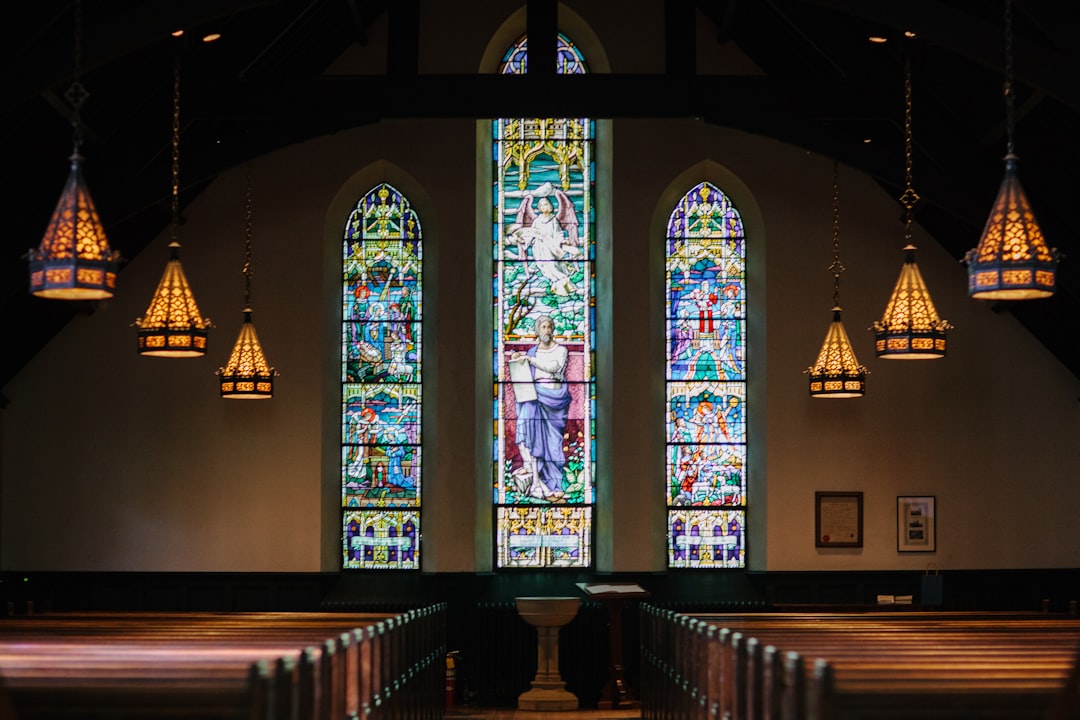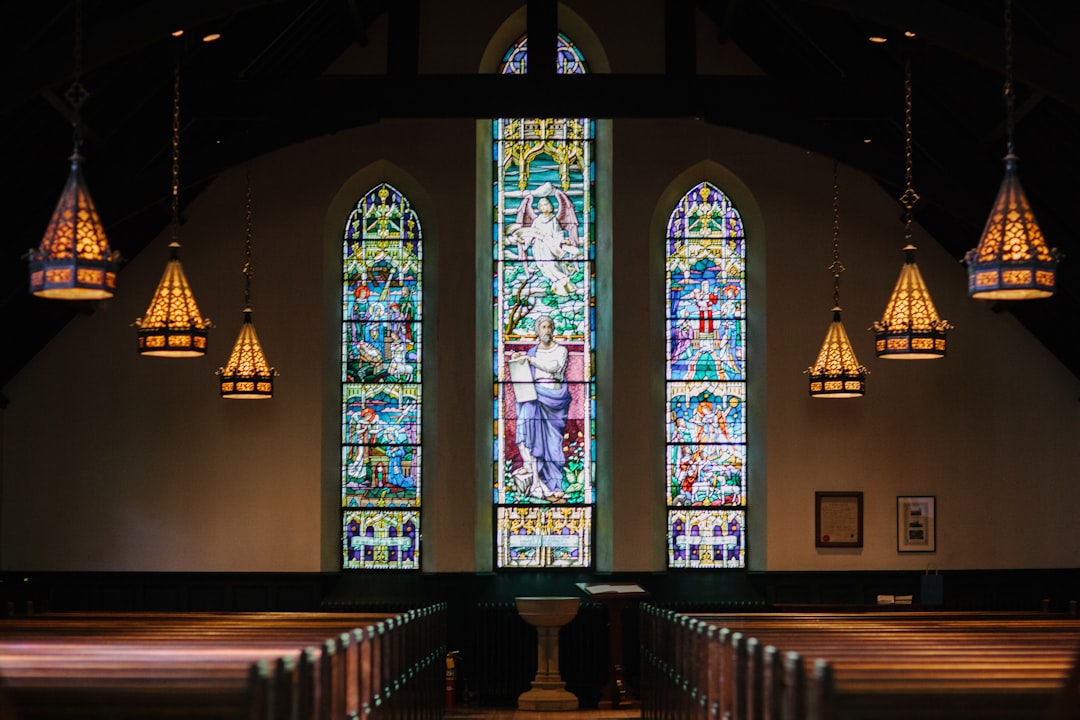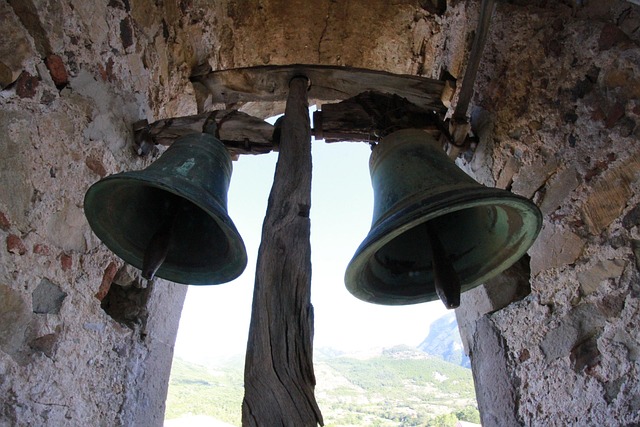Victims of clergy sexual assault in Wichita, KS, require specialized legal support from experienced clergy abuse lawyers to navigate complex laws and institutional policies. These lawyers guide victims through evidence collection, statute of limitations, and civil litigation against offenders and religious entities. They also assist with reporting to law enforcement and advocate for victim rights, ensuring justice and accountability. Engaging these experts is vital for closure, compensation, and support in a process that involves identifying claims, gathering evidence, understanding legal options, and facing potential institutional cover-ups.
“In the pursuit of justice, victims of clergy sexual assault in Wichita, KS, face complex challenges. This comprehensive guide explores the intricate process of seeking redress, offering crucial insights for those affected by such trauma. We delve into Kansas’ clergy abuse laws, the profound impact of sexual violence, and the identification of valid claims.
Furthermore, we navigate the legal options available to victims in Wichita and highlight resources dedicated to supporting survivors’ healing. Armed with knowledge, survivors can take steps towards justice with the aid of experienced clergy abuse lawyers in Wichita, KS.”
Understanding Clergy Abuse Laws in Kansas

In Wichita, Kansas, seeking justice after clergy sexual assault requires understanding local laws that govern such cases. The state has specific statutes addressing sexual misconduct within religious organizations, including the power to hold clerics accountable. Clergy abuse lawyers in Wichita KS are well-versed in these laws and can guide victims through the legal process. They help navigate complex issues related to evidence collection, statute of limitations, and potential civil litigation against the offender and the church entity.
Victims of clergy sexual assault in Wichita have rights and options. These include reporting the abuse to local law enforcement and seeking support from specialized organizations. Clergy abuse lawyers can assist with these reports and ensure that legal actions are taken promptly. They also provide crucial support during court proceedings, advocating for the victim’s interests while pursuing justice and accountability for the perpetrator.
The Impact and Consequences of Sexual Assault

Sexual assault within the clergy has severe and lasting impacts on victims, often leading to a myriad of emotional, psychological, and social consequences. Victims may experience feelings of betrayal, shame, and isolation, as the abuse occurs within a trusted institutional setting. The trauma can disrupt their sense of safety and trust in others, affecting personal relationships and overall well-being. Many survivors struggle with anxiety, depression, and post-traumatic stress disorder (PTSD), which can significantly impact their daily lives and long-term mental health.
Moreover, clergy sexual abuse can have far-reaching social implications. It erodes the faith and trust that individuals have in religious institutions, creating a chasm between the community and spiritual leaders. This breach of trust can lead to a loss of membership and a diminished sense of community for those who remain. Victims often face challenges in seeking justice due to power dynamics within the clergy and potential institutional cover-ups, which further exacerbates their trauma. Engaging the services of experienced clergy abuse lawyers in Wichita KS is crucial for survivors to gain closure, hold perpetrators accountable, and receive the support and compensation they deserve.
Identifying Valid Claims and Evidence

Identifying valid claims and evidence is a crucial step in seeking justice for clergy sexual assault in Wichita, KS. Victims should carefully document any interactions with the accused, including dates, locations, and descriptions of incidents. Any notes, emails, or texts that reference inappropriate behavior can serve as compelling evidence. It’s also important to preserve any physical evidence, such as clothing or bedding, which may be subject to forensic analysis.
Consulting with experienced clergy abuse lawyers in Wichita KS can help individuals navigate this complex process. These legal professionals have the expertise to assess the validity of a claim based on the unique circumstances surrounding each case. They can guide victims through gathering and presenting evidence effectively, ensuring that their cases are as strong as possible when pursuing justice and compensation for the harm they’ve suffered.
Legal Options for Victims in Wichita

In Wichita, KS, victims of clergy sexual assault have several legal options available to seek justice and closure. The first step is to consult with experienced clergy abuse lawyers who specialize in handling such sensitive cases. These attorneys can provide crucial guidance on the legal process, help navigate the complexities of institutional policies, and ensure that victims’ rights are protected.
Victims may choose to pursue civil lawsuits against the perpetrators and any institutions involved, seeking compensation for emotional distress, medical expenses, and other damages. Local laws and statutes of limitations will govern these cases. Additionally, reporting the abuse to law enforcement can trigger criminal investigations, offering a path towards accountability and potential prison sentences for the assailants.
Supporting Survivors: Resources and Healing

Surviving clergy sexual assault is a profound and often challenging experience, one that requires specialized support and resources for healing. In Wichita, KS, there are several organizations dedicated to assisting survivors navigate their journey towards justice and recovery. These include local support groups, therapy services, and legal aid specifically tailored for clergy abuse cases.
For those seeking legal recourse, reputable clergy abuse lawyers in Wichita KS offer expert guidance and advocacy. They help survivors understand their rights and options while providing the necessary tools to pursue justice. Additionally, counseling centers cater to the unique needs of individuals who have experienced such trauma, offering safe spaces for sharing experiences and processing emotions. These resources collectively aim to empower survivors, ensuring they are not alone in their pursuit of healing and justice.





